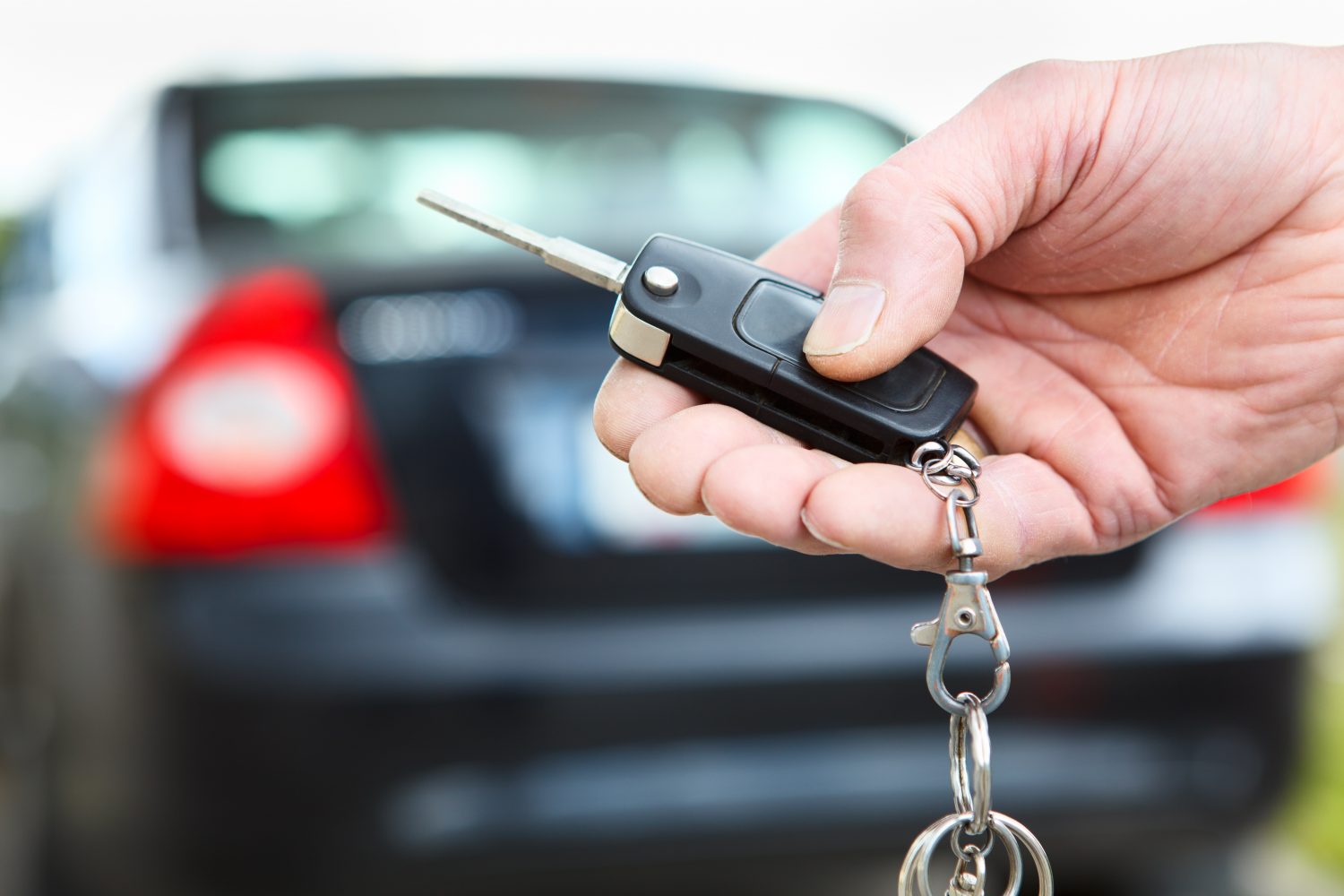An overview of Exceptional Hardship

Could Simon Pegg have avoided a driving ban?
On 3rd February 2021, film-star Simon Pegg was banned from driving for 6 months. Prior to his most recent speeding offence (driving at 63mph in a 40 mph zone along the A41 in Hendon on 20th January 2020) his licence was already endorsed with 9 points. You may be aware that when a licence is endorsed with 12 points, generally speaking the driver will be disqualified, unless there is an argument for “exceptional hardship”.
For driving at 63mph in a 40 zone, the court can impose 4-6 points or disqualify for 7-28 days. Mr Pegg’s licence was endorsed with 4 further points taking him to 13. He did not advance an application for exceptional hardship. His Lawyer said:
“He specifically instructed me that he does not want to use up the court’s time arguing there are exceptional circumstances he should not be disqualified… The driving ban will cause him difficulties, but they will not be exceptional.”
What is classed as exceptional hardship?
As you can see, the fact that a driving ban would be inconvenient for you is not an argument that the court will accept; the difficulties will need to be exceptional. So what circumstances would be exceptional? There are a number of factors that the court will consider when they are deciding whether a ban of 6 months would cause exceptional hardship. The following is not an exhaustive list that the court will take into account, and answering yes to any of them does not guarantee that the court will find exceptional hardship:
- Do you need your car for your work? (Simon Pegg does not, but many people do)
- Would you lose your job if you could not drive?
- If you lost your job, would this impact the wider business? (e.g. do you employ or supervise people who require you to be at work?)
- Would the loss of your licence significantly affect your finances and what would be the consequences if you were unable to meet all of your outgoings?
- Would the loss of your licence ultimately lead to the loss of a family home?
- Do you care for someone who requires you to drive them? (e.g. children require you to drive them to school, or an elderly relative needs you to take them to appointments)
Hardship of dependants
The Court can be particularly sympathetic where the hardship is to another person. Many people require a driving licence not just for their own needs, but because others are dependent on them. This is a legitimate basis upon which to make a claim for exceptional hardship but it requires proper preparation. You can be expected to be asked who else might be able to step in and help out.
Losing your licence
If the only impact is on yourself, the Court may view that part of the punishment for the accumulation of points on your licence is the disqualification, and it can be more difficult to persuade them that you should be allowed to keep you licence. In such circumstances careful consideration of the facts in your case is needed and proper exploration of the consequences of losing your licence. In such circumstances it is important to prepare a robust application in advance to carefully to maximise your chances of success.
Points remain when exceptional hardship is granted
If the Court finds exceptional hardship you will not lose your licence but the points remain on your licence. At any time in the next 3 years if you are in the same position (caught committing an offence which attracts penalty points and if the remaining points on your licence mean that you would tot up to more than 12 points) you will not be able to argue for exceptional hardship on the same grounds.
Totting Up
Instead of endorsing your licence with points, the court can impose a short disqualification (although there is guidance to say that they should not do this to avoid a 6 month ban, so this is more applicable if you have very few points on your licence). If they chose to do this, the points you had on your licence will remain on your licence. If you are disqualified for 6 months as a result of totting up, you will get your licence back with no points.
Sometimes advancing an exceptional hardship argument requires obtaining statements from witnesses on your behalf, gathering evidence, and careful examination of your finances in order to present what can often be complicated arguments to the Court.
Usually the driver will have to give evidence at court in support of the exceptional hardship application. Additional witnesses may also be required who can testify as to the impact disqualification would have upon the driver or the person you care for or support.
Contact
It is in your best interests to speak with a qualified and experienced motoring solicitor as soon as possible. If you require more information please take a look at our exceptional hardship solicitors webpage, motoring solicitors webpage, or call the team on 0191 232 9547 who will discuss options and fees with you.



